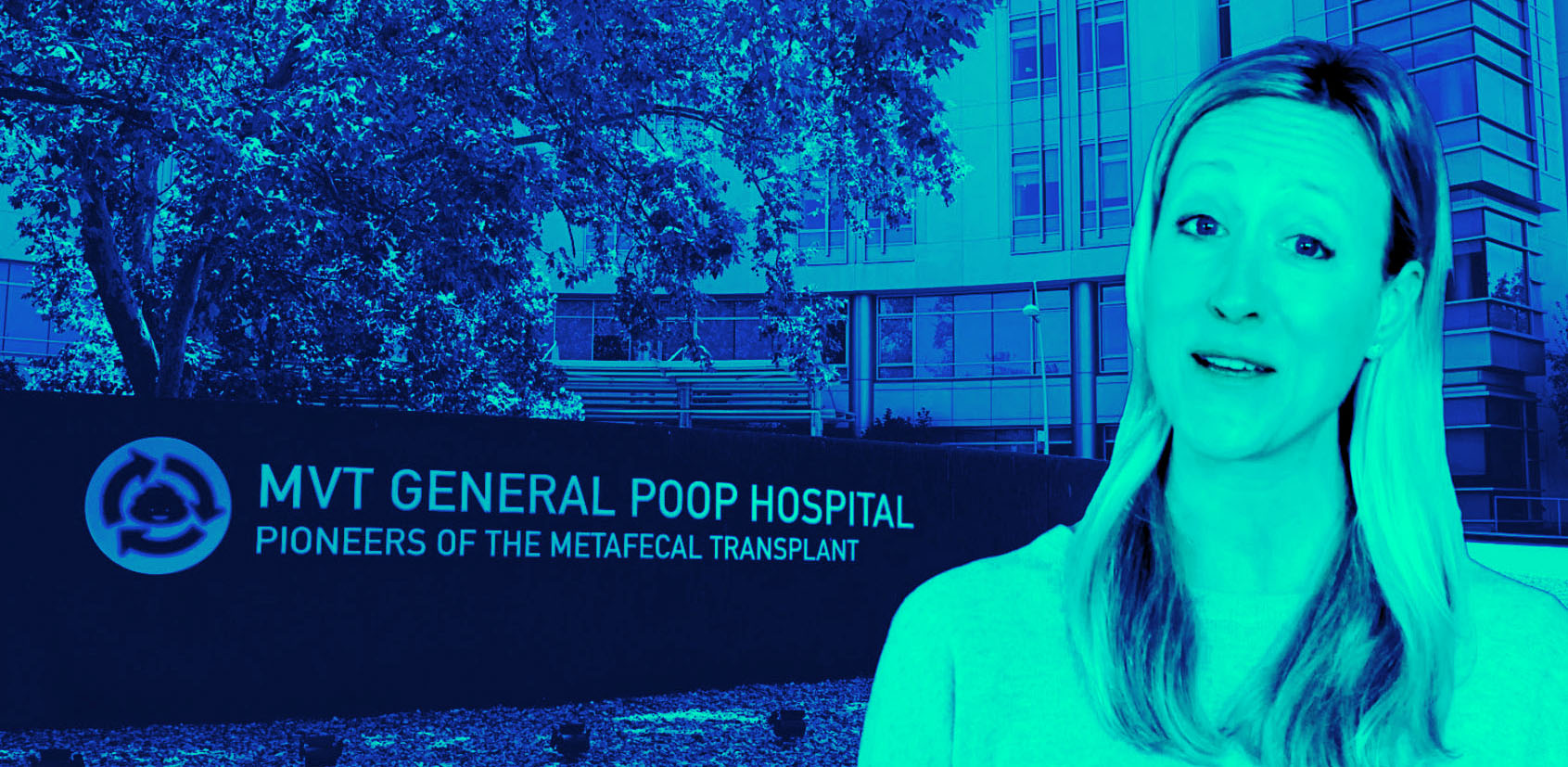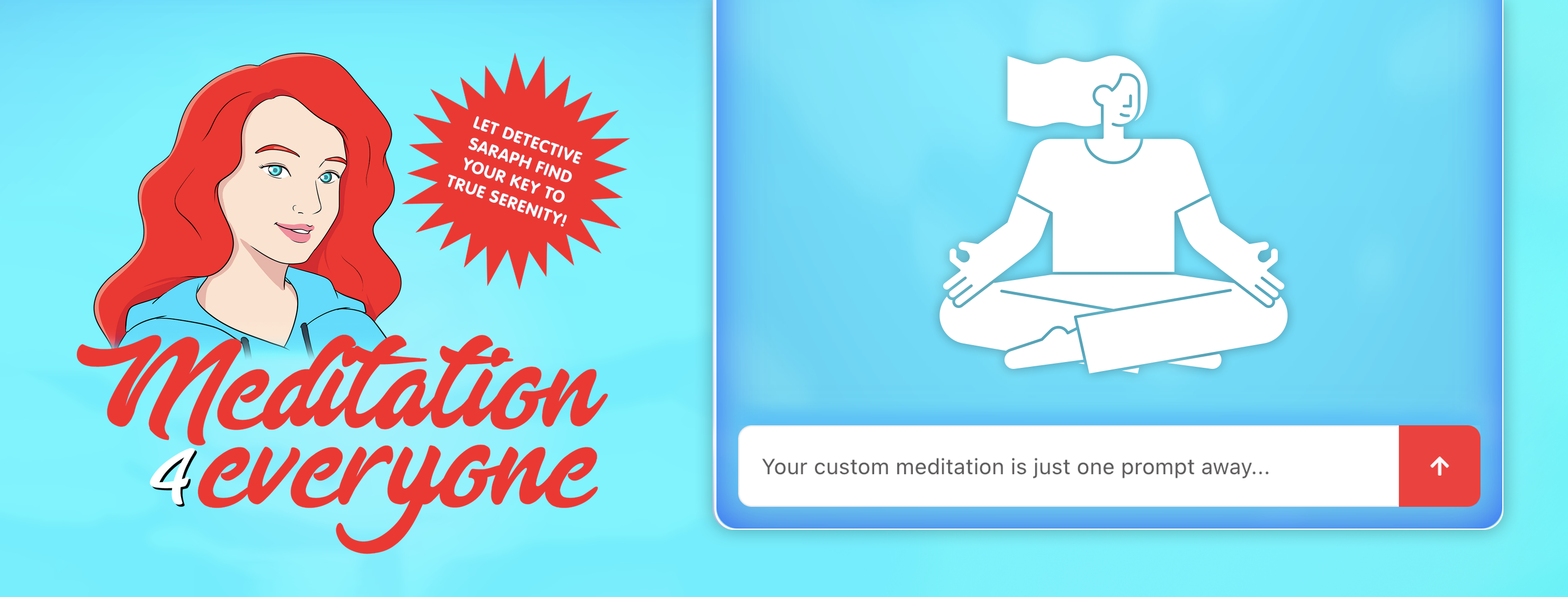How to Make 10K in One Day by Confronting Your Coworkers
Globot Genevieve Aftertaste
You don't need an MBA to make ten grand a day. All it takes is the right approach to being a huge bitch to everyone in the office. Here's how.
READ THIS IMMEDIATELYRice Cakes Cleaned With a Moist Towellette Works Well as a Unique Ingredient for Profiteroles
Globot Milagros Culito
Reinvigorate your bored profiteroles with this innovative new procedure!
MUST CLICK MUST READThe Ten Commandments of How to Charge Your Phone
Globot Olegario Brinkerhoff
What's the best way to charge your phone? These commandments will tell you.
MMM...CONTENTAll the Forms You’re Going to Need When You Purchase a New Plant
Globot Nandalia Bigler
Purchasing a new plant can be a life-changing decision fraught with the twists and turns of a long-running emotional roller coaster—especially if you're thinking of buying a ficus tree. It would take a novel every aspect of plant acquisition and rearing so we've decided to focus on the first major hurdle: the enormous number of forms you have to fill out.
READING IS FUNDAMENTAL














